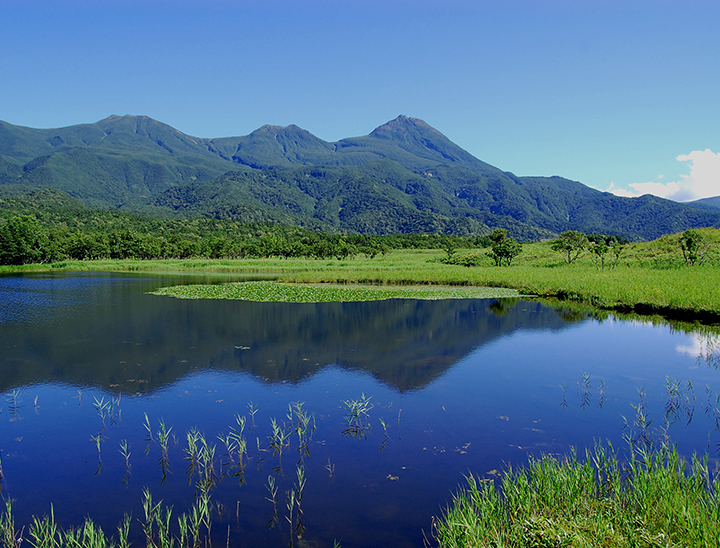Do you want your next overseas trip to be memorable, educational, and fun? If you’re the kind of person who enjoys learning about other cultures and getting to know people who live in a completely different society, then spend one or more weeks in Japan. It’s important to know from the outset that the most popular travel destination in Asia has a hidden side, one that most tourists never see. That side, the non-obvious one, is what you should seek when you visit Japan’s shores and backcountry. Avoid the tourist side of the nation, replete with fake tea ceremonies, tours of boring auto factories, and souvenir shops full of kimonos made in China and lacquerware from Mexico.

Instead, do plenty of research so you can design a Japanese journey that dodges the money traps in the metropolises like Tokyo and takes you to places like Hokkaido in the north, Kagoshima in the south, and quaint Toyama on the western seaboard. What can you learn on a deep dive into the culture, history, and society of the nation? Your first lesson is that it’s not necessary to spend a fortune to do several weeks of exploring, touring, camping, and hiking. However, for those who are willing to take a basic, online language course before departing, the rewards will increase a hundredfold. Travelers soon discover that Japan’s history is everywhere, the elderly are highly respected, national pride is palpable, society is cohesive, violent crime is rare, and traditional families are the norm. Here are details about a few of the things people learn when they travel to Japan.
Getting a Personal Loan Can Save You a Bundle
The standard complaint about traveling in places like Tokyo, Osaka, and Kyoto is that it’s expensive. Because those are the three most visited locations in the country and are huge cities in their own right, they are pricey destinations. Fortunately, there are two excellent ways to beat Japan’s big-city high prices. First, apply for a personal loan. Pay for lodging, airfare, and an in-country rail pass well in advance. The most efficient way of being able to afford these things, and get early-bird discounts, is to take out a personal loan to pay for the major expenses months before the trip. For a major excursion that could last for up to 90 days, a personal loan is an ideal way to finance the fun, and you’ll have a chance to save a lot in the process.
Second, avoid the overpriced big cities and Western-style restaurants. Eat local food and stay in non-tourist trap places. Travel in the off-season, from mid-April through the second week of November. Arrange through an agency to stay with a family. You’ll pay to do so, but the cost is far less than a hotel. Get a JR Pass before you leave, as they are not sold domestically. Plan to hike, camp, explore the backroads, stay in a monastery (it’s free, but you must sleep on the floor), and attend as many local festivals as possible.
Violent Crime is Rare
There is one very good reason that violent crime is a rarity in Japanese society: the punishment is commensurate with the crime. In other words, as in most Asian nations, those who commit acts of violence are routinely convicted and sentenced to long prison terms. Life in Japan’s penal institutions is notoriously harsh, and few who are released ever return. Part of staying healthy while traveling is maintaining your social and mental health, learning what to avoid and how to keep safety at the forefront of your trip.
There are Traditional Male and Female Social Roles
Families, even in big cities like Tokyo, tend to mirror social values and structures that were common in the West back in the 1950s. That means lots of nuclear families, dads who work, and moms who stay at home watching over the children. While families tend to be smaller than in Western nations, Japan’s cities are very crowded places. Likewise, national pride in the language, culture, and way of life is a palpable part of Japanese life. The elderly are respected by the young, and citizens are proud of their nation’s history.
You Can Acquire Decent Language Skills in a Few Months
Those who take beginning Japanese language courses are surprised to find that, while written Japanese can take many years to master, the spoken version is not unduly difficult. Many Americans who speak it say that it ranks somewhere between Spanish and French on the linguistic difficulty scale. If you have several months before leaving, take a daily online course for beginners. Stick with the free ones, and don’t worry about hiring a personal tutor. For the purposes of an extensive educational vacation, all you need are about 50 common phrases, basic grammar, and maybe 250 words of everyday vocabulary.





